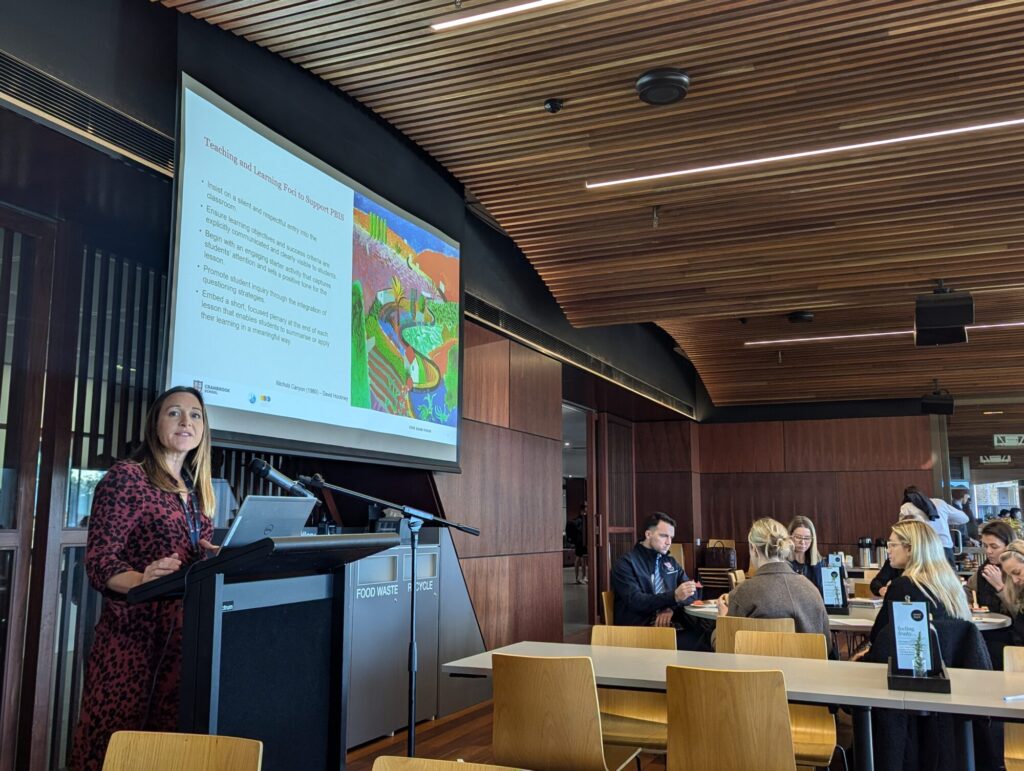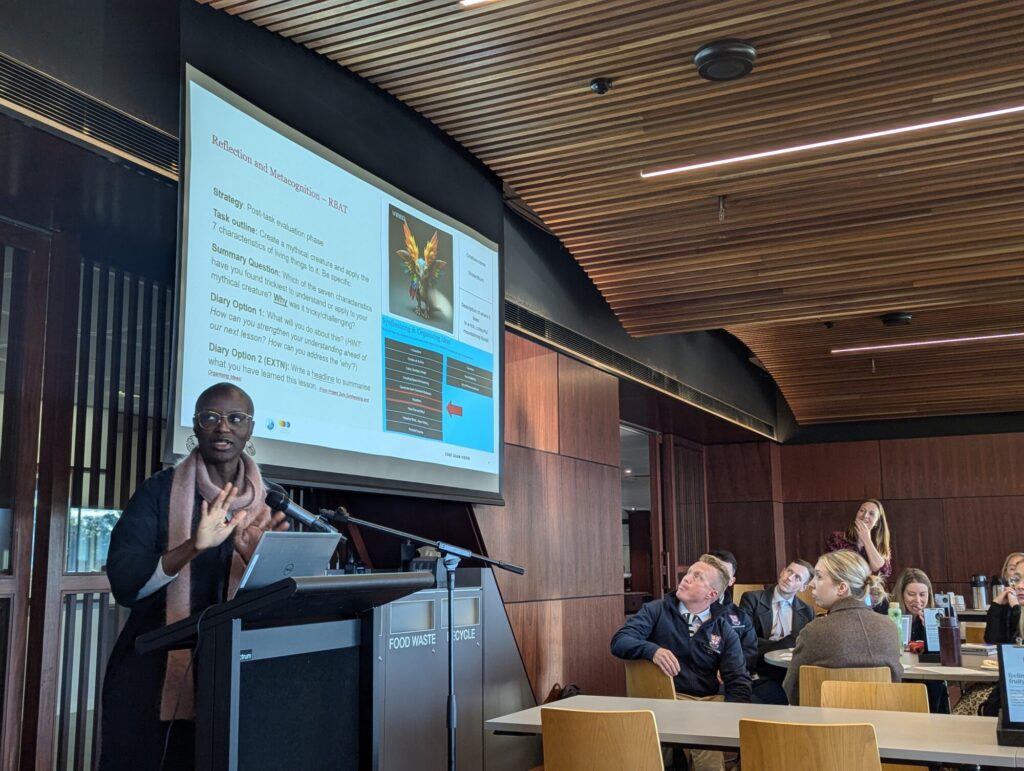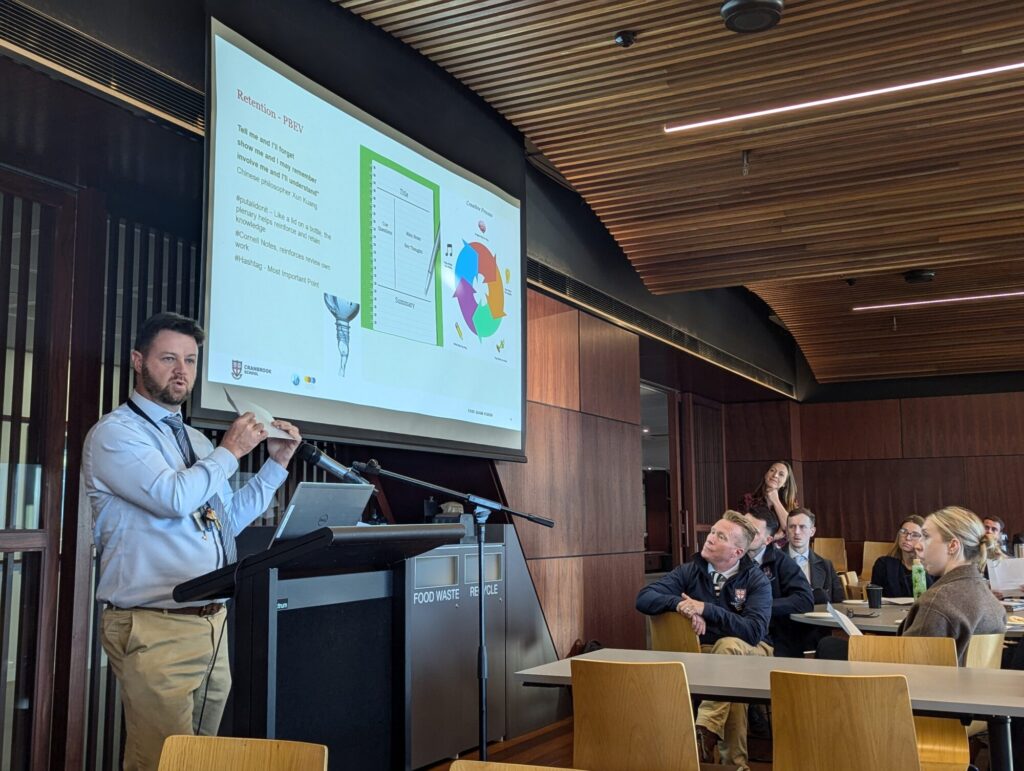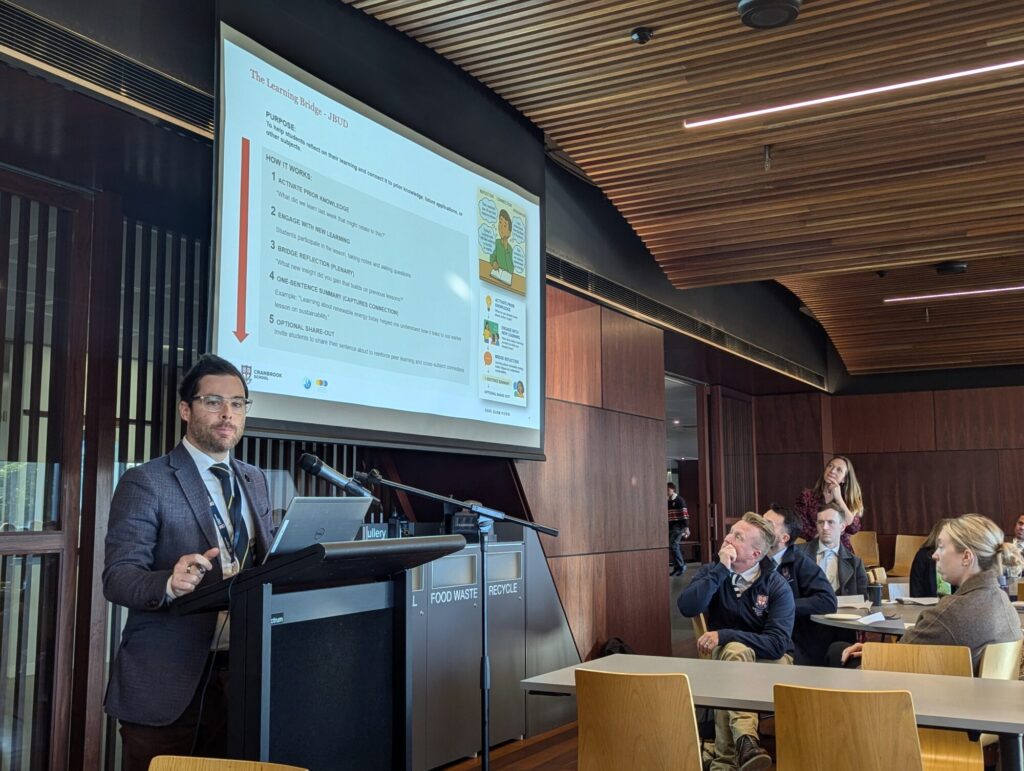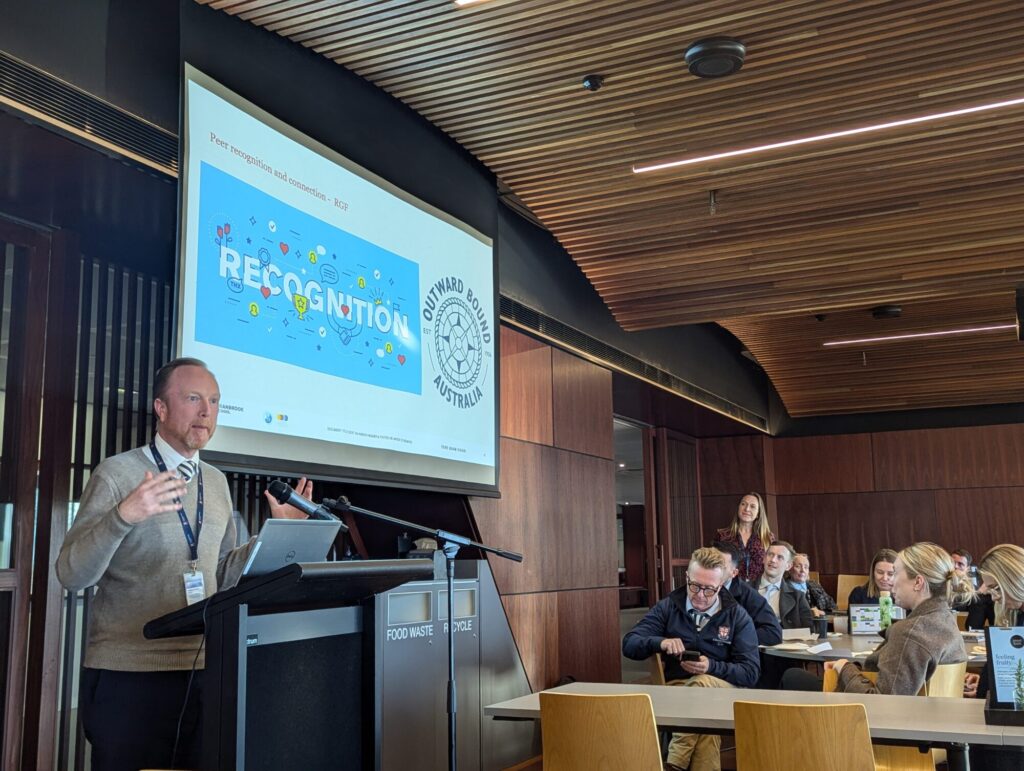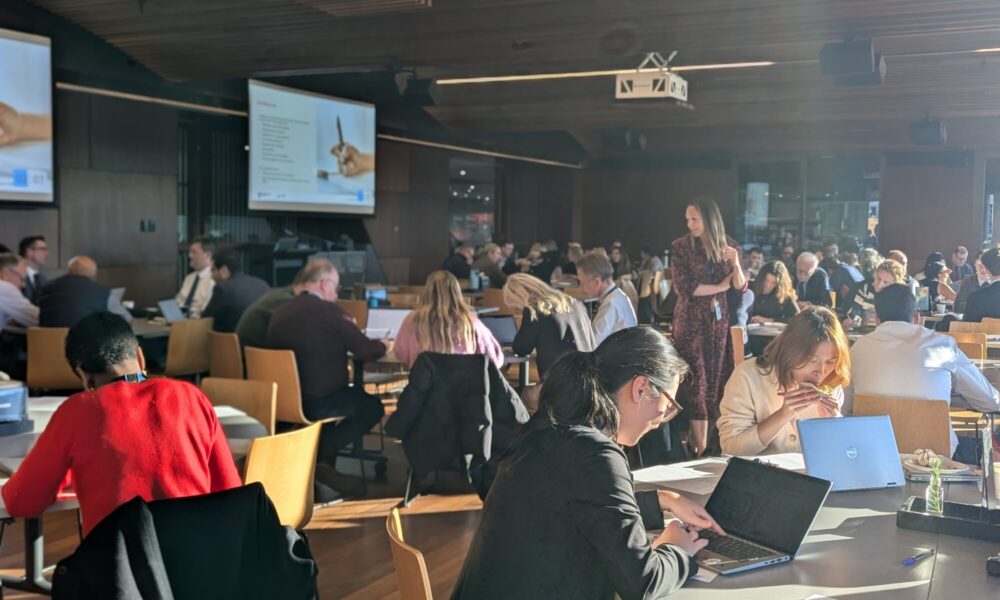
Hannah Thomas, Director of Professional Learning
The Power of Plenaries
At this week’s Staff Fortnightly session, we explored The Power of Plenaries – short, purposeful end-of-lesson activities that help students consolidate understanding, reflect on their thinking, and transition meaningfully through the learning phases.
A heartfelt thank you to Rod Farraway, Phil Beverley, Rukevwe Bateren and Joel Budd for modelling thoughtful and practical plenary strategies. Their examples illustrated how plenaries can serve a wide range of learning goals: from retrieval and retention, reflection and metacognition, and checking for misconceptions, to fostering motivation, peer recognition and deeper learning connections.
During the session, teachers also designed a wide range of creative and transferable plenary activities. These have been compiled into a shared bank of strategies now available for use across all departments.
A key focus of this work is our whole-school approach to student organisation. Teachers are now embedding a brief plenary at the end of every lesson, with students recording a one-sentence reflection in their diary. This consistent routine supports far more than knowledge consolidation; it helps students build sustainable habits of planning, organisation and self-regulation. The diary becomes not only a space for reflection, but a daily tool for managing learning and tracking growth.
Plenaries may only take a few minutes, but when used intentionally and consistently, they become powerful drivers of learning, clarity, and student ownership.
Hannah Thomas
Director of Professional Learning
